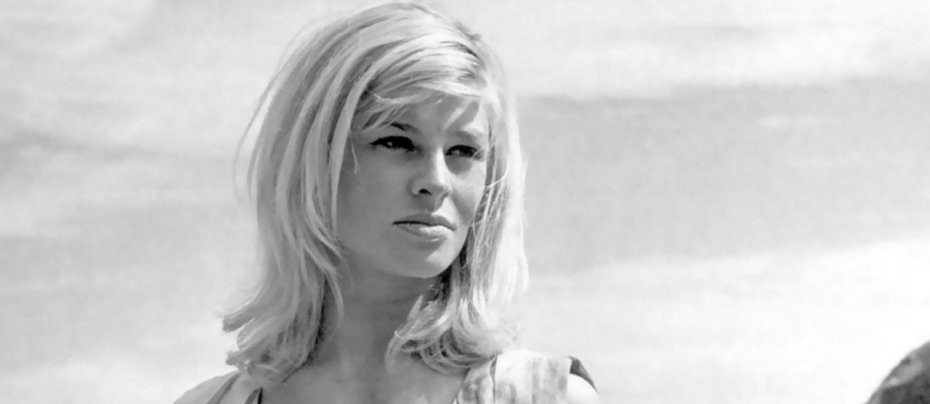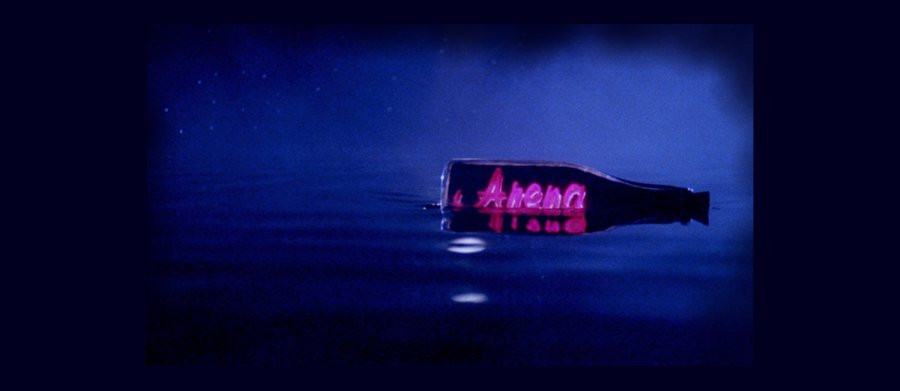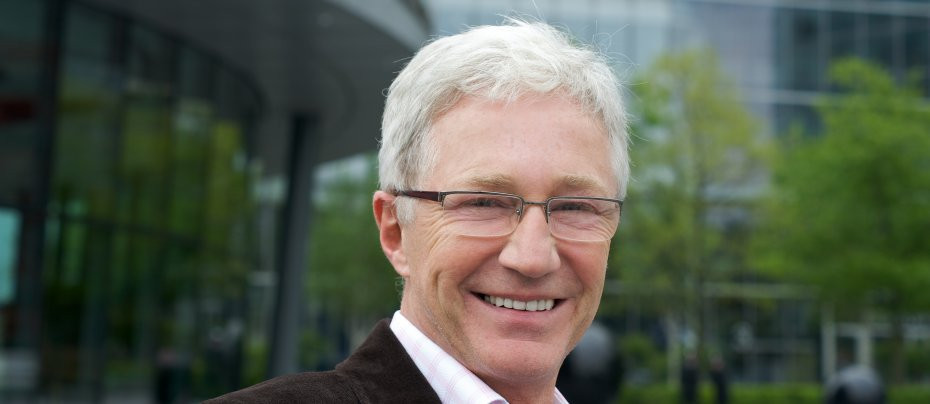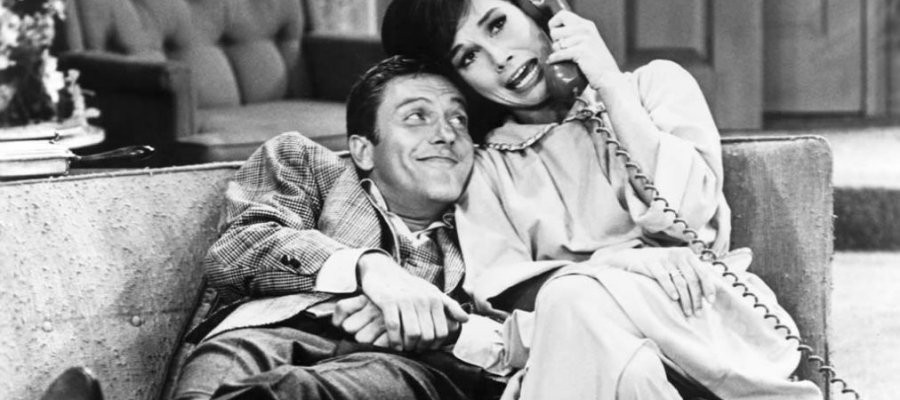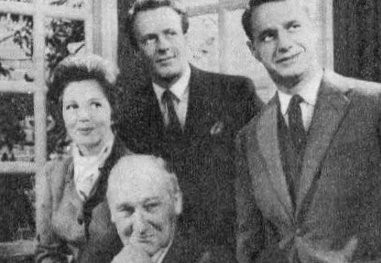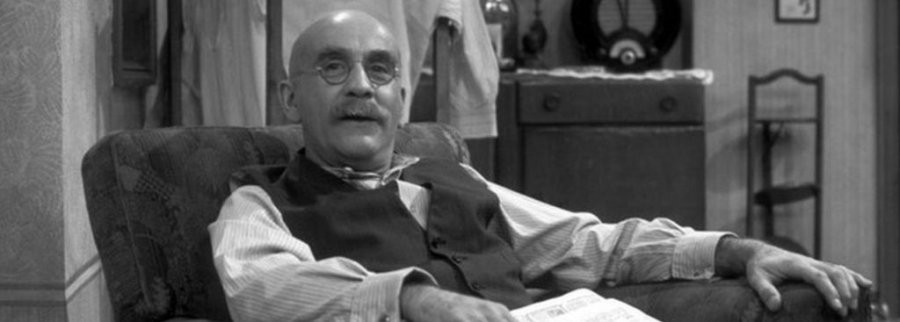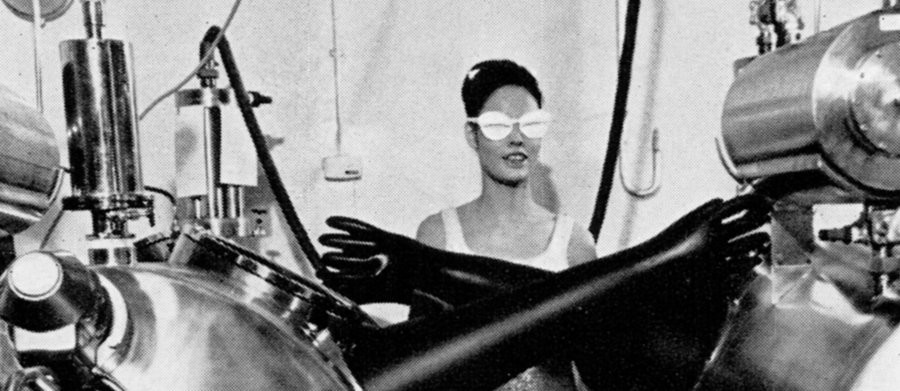
Tempo
1961 - United KingdomTempo, which ran from 1961 to 1968, was an arts programme, originally broadcast fortnightly on Sunday afternoons and produced by the ABC Weekend Network.
The series was widely (but not wholly) networked across the ITV regions, and came about, according to contemporary reviews, in anticipation of the yet to be published Pilkington Report, which the Independent Network surmised would be particularly damning of ITV. They were not wrong.
Much that is seen on television is regarded as of very little value. There was, we were told, a preoccupation in many programmes with the superficial, the cheaply sensational. Many mass appeal programmes were vapid and puerile, their content often derivative, repetitious and lacking any real substance. There was a vast amount of unworthy material, and to transmit it was to misuse intricate machinery and equipment, skill, ingenuity and time.
'The BBC know good broadcasting; by and large, they are providing it.'
'We conclude that dissatisfaction with television can be largely ascribed to the independent television service.'
-The Pilkington Report.
Tempo, according to critic Peter Lewis writing in the Spring 1962 edition of Contrast – The Television Quarterly, ‘appeared like a whitewash around the latrines, just in time for Colonel Pilkington’s tour of inspection.’ Lewis concluded ‘ABC fell for the art racket and ATV started going steady with a programme devoid of a single Grade Agency act.’
To add gravitas to the programme, ABC turned to George Lascelles, 7th Earl of Harewood, to present their new arts show. In fairness, his Lordship was not unqualified to front such a series. He was a British classical music administrator and author, had served as director of the Royal Opera House, and would later become chairman of the board of the English National Opera, governor of the BBC, and president of the British Board of Film Classification. The series was edited by Kenneth Tynan, who, in 1963, was appointed as the new National Theatre Company's literary manager.

The question was though - was this the type of programme that the British public wanted for their Sunday afternoon entertainment? The answer was ‘probably not.’ Tempo began with a network TAM rating (the percentage of the population watching) of 17, which soon fell to 12 – which according to Lewis was in ‘Epilogue territory.’ However, Tempo persevered and returned for a second series in 1962, hosted by actor, writer, and literary agent Clive Goodwin who with his wife, artist and actress Pauline Boty, was to become a in the arts and entertainment scene of the 1960's. This time Tempo was broadcast on the same day but much earlier. The ratings fell to 10%. But by now the series was no longer broadcast bi-weekly and as such the number of viewers tuning in was not such an issue. By 1963, with the pressure off to produce a show on a regular basis, it was able to broaden its outlook. And it finally found its audience.
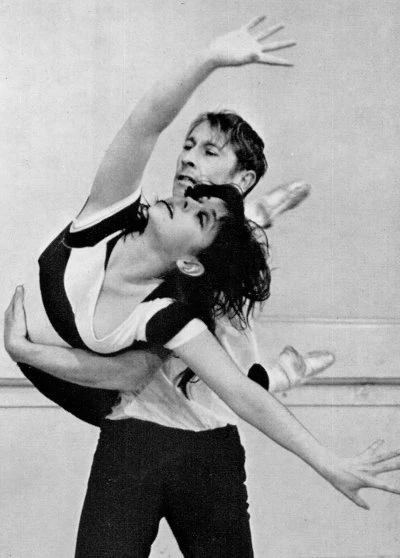
By 1965 the series was celebrating its 100th episode. According to ITV publicity the series ‘examine(d) the creative process behind various art forms – what makes and moves the artist; it presents both the achievement of those at the peak of their career, and the promise of those just beginning; and it (brought) to the screen the most successful and distinguished artists, actors, dancers and musicians.' In the 1965 series Tempo presented such subjects as the National Theatre of Israel, the English Stage Company, and the Royal Ballet. It also presented a series of seven portraits of living men who at that time were influential to contemporary arts, including Harold Pinter, Jean-Luc Godard and Orson Welles.
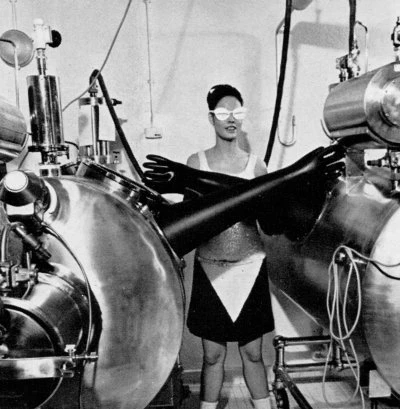
The 1966 series sought to widen the sphere of the conventional arts programme by considering the work of Zero Mostel, the Oldham Repertory Company, Jacques Tati, a Parisian ‘Happening’ and satirical magazines, whilst the 1967 series offered insights into the changing nature of contemporary culture, treating such areas as the ‘information explosion’, noise, violence and expendability. Subjects that would not be out of place in a modern documentary. Not forsaking The Arts, the final series - broadcast in 1968, devoted itself to well-known actors discussing and performing famous parts. These included Dame Sybil Thorndyke in the title role of Euripides’ ‘Media’, Donald Pleasence as Arthur Goldman from Robert Shaw’s ‘The Man in the Glass Both’, and Michael Hordern as Prospero.
What began as a series borne to take the weight off Pilkington’s condemnatory report on television, after an uncertain start, became one of the most innovative arts programmes of the 1960s.
Seen this show? How do you rate it?
Seen this show? How do you rate it?
Published on May 27th, 2021. Written by Marc Saul for Television Heaven.


